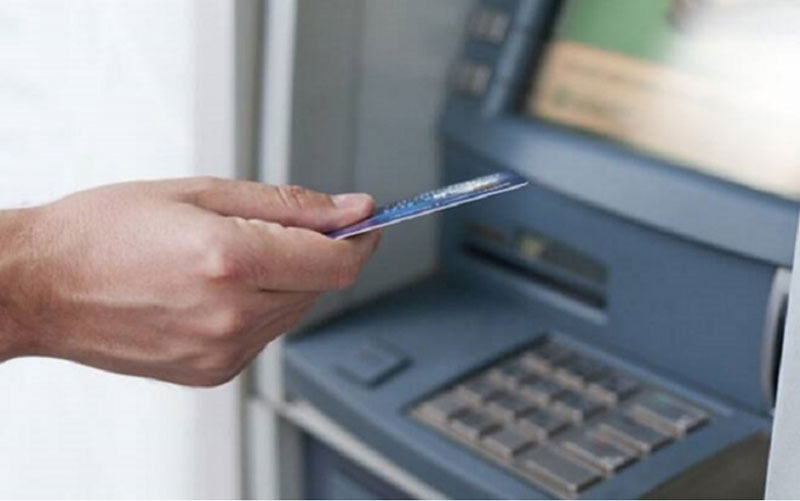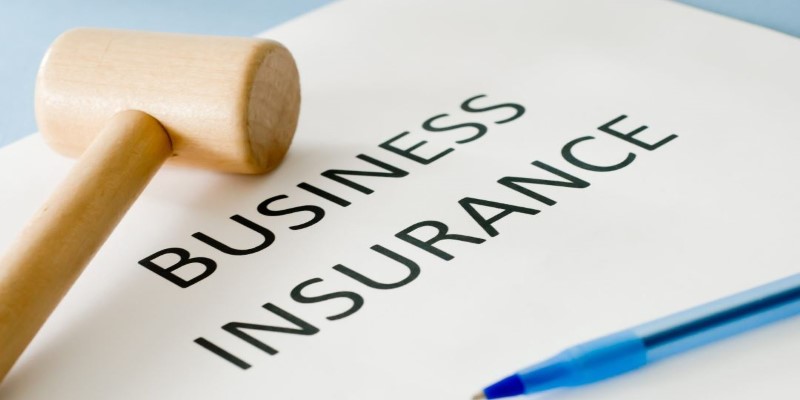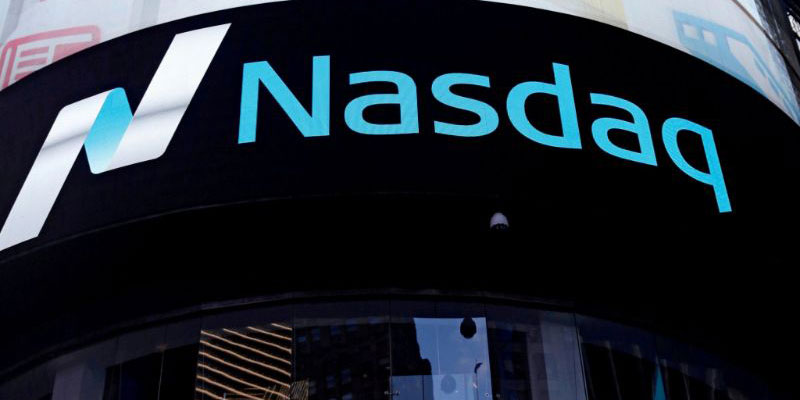If you know where not to swipe your debit card, you may reduce the chance of fraud. Skimming unlawfully obtains credit or debit card information using a card reader. According to the FBI, skimming costs financial institutions and consumers more than $1 billion yearly. The con artist uses confiscated data or the cardholder's PIN to make a fake card and steal from the associated account. If you don't report the scam immediately, you may have to pay back the money. By avoiding dangerous debit card sites, you may prevent fraud. Credit cards have a $50 liability threshold for illicit purchases, whereas debit cards do not. EFT covers debit cards. Consumers who don't disclose fraud within two days may lose $500. Using your debit card at trusted stores helps avoid identity theft. Here are occasions when using a debit card is discouraged, along with tips for preventing fraud.
Gas stations are Risky Places To Swipe Your Debit Card

Since the card reader at gas pumps isn't usually closely monitored, gas stations are a risky location to Swipe your Debit Card. Give the credit card terminal a little tug before you swipe your debit card at a gas station pump. Don't swipe your debit card if the airport jiggles or seems unsafe. Instead, pay inside, use your credit card, or find another gas station. While it could be annoying, it's worth it to prevent dealing with the consequences of debit card fraud. Despite ongoing upgrades to gas station payment equipment to enable more secure chip and contactless payments, many pumps continue to be attractive targets for swiping devices. Given their increased susceptibility to scanning activities, consumers should avoid using their debit cards at gas pumps.
Self-Checkout Lines are Risky to Swipe Your Debit Card
At large retailers with self-checkout lanes, skimming devices to swipe your debit card have also been observed to be placed over the card readers by debit card thieves. One thief may cover the camera while another inserts the skimmer over the card reader as part of a team effort. Over time, skimming technology has become more advanced. Using Bluetooth technology, thieves can remotely access the data they have stolen. Once they obtain your debit card details, they can build counterfeit cards or sell them to thieves on the dark web who might use them to make unauthorized purchases.
Non-Bank ATMs Card skimming
Card skimming is one of the preferred methods used by credit card thieves to obtain debit card information. You swipe your credit card through a skimming device when conducting an otherwise legal transaction. The skimmer records your debit card details, which the thief later obtains after returning with the skimmer. Skimming equipment is frequently installed on ATMs that are not connected to a bank. So be wary of ATMs outside or in hotel lobbies or gas stations. Due to the lack of bank ownership and consistent monitoring of these machines, thieves have more opportunities to put and remove a skimming device.
Mobile Vendors Credit Card Scamming
Thieves can also use mobile credit card scamming terminals to swipe your debit card while pretending to be reputable street sellers. But occasionally, fraudsters swipe your debit card with a skimming device to take your data. You can't be sure whether the merchant is genuinely processing a payment or stealing your information unless you are well-versed in the numerous mobile card-processing gadgets. Use caution when purchasing at outdoor markets, events, and other locations where small companies accept card payments remotely. More physical stores accept payments without a debit card. According to 2020 data from the National Retail Federation, 56% of shops accept mobile payments. Consumers who use contactless payment are avoiding crooks as well as germs.
Online
Over half of U.S. consumers prefer shopping online rather than in a store, according to a 2022 study by Raydiant. But shopping online is not necessarily safer. The Federal Trade Commission reported that online shopping scams were the second most common type in 2021, and the financial losses caused by these scams are increasing yearly. To prevent online purchasing frauds, avoid providing personal information and credit card numbers wherever feasible. Your chances of having your card information stolen is more significant when you make purchases online because many e-commerce sites have been compromised. Plus, you could easily have viruses on your computer that can capture your information as you enter it online.






